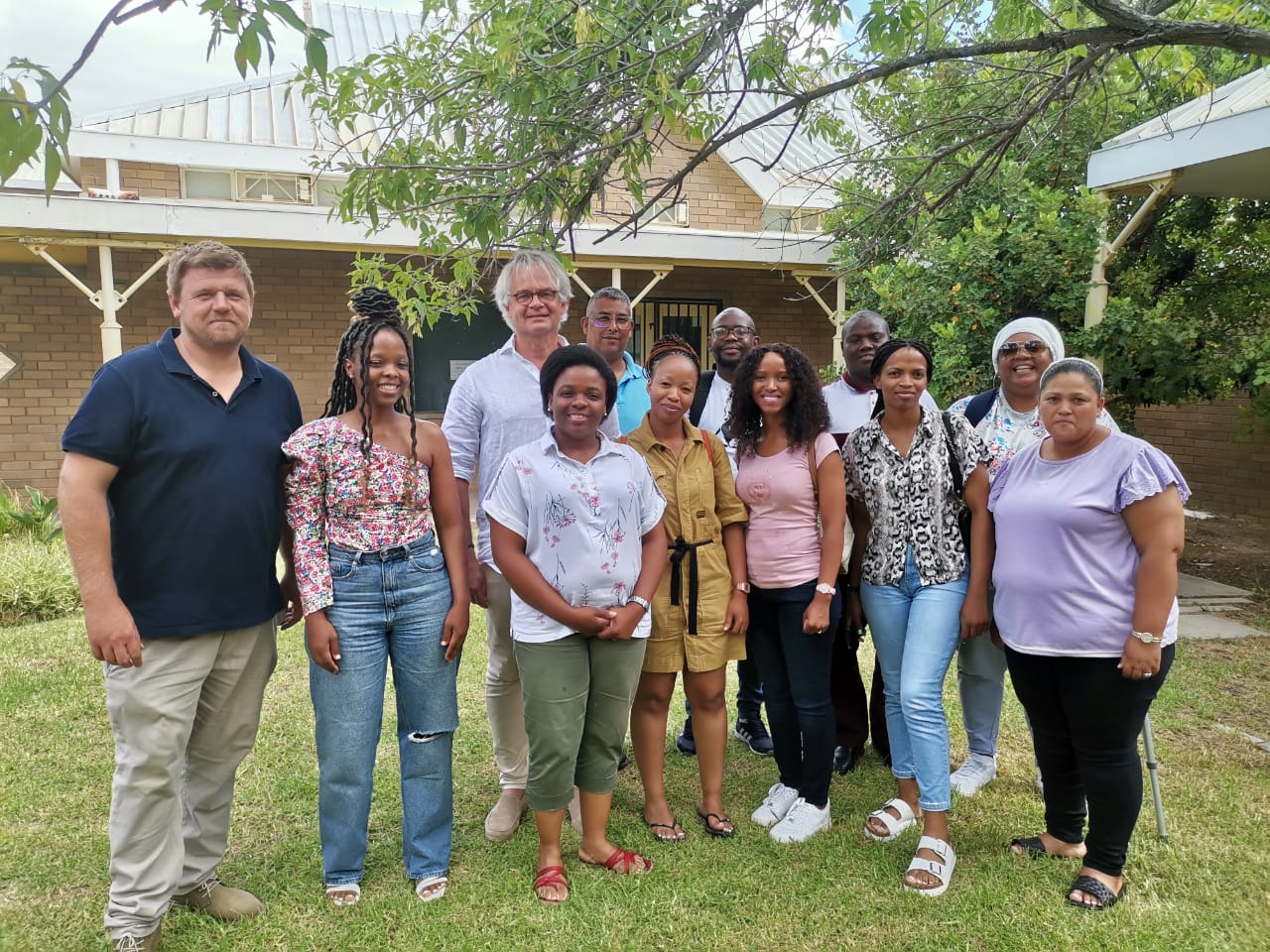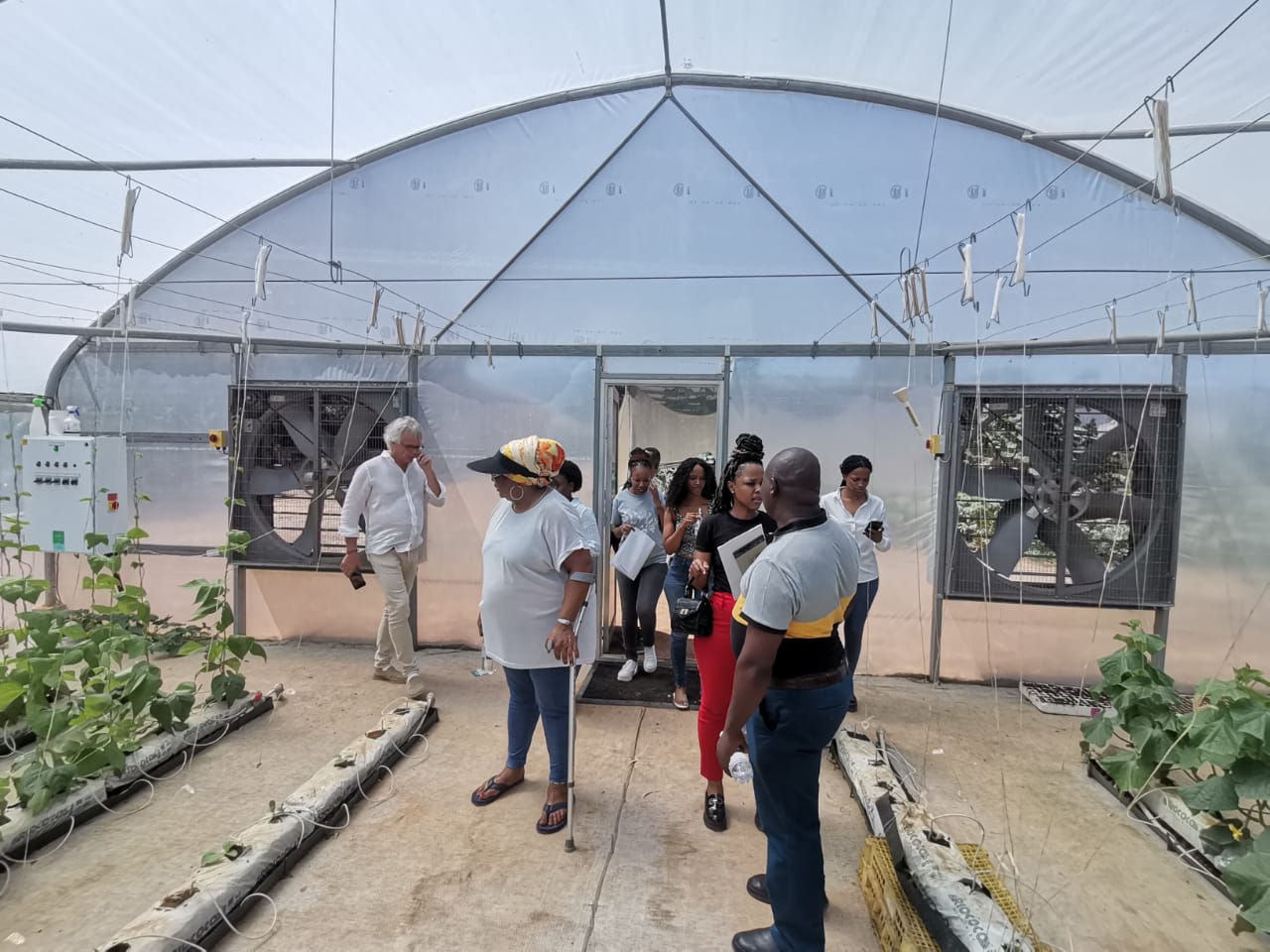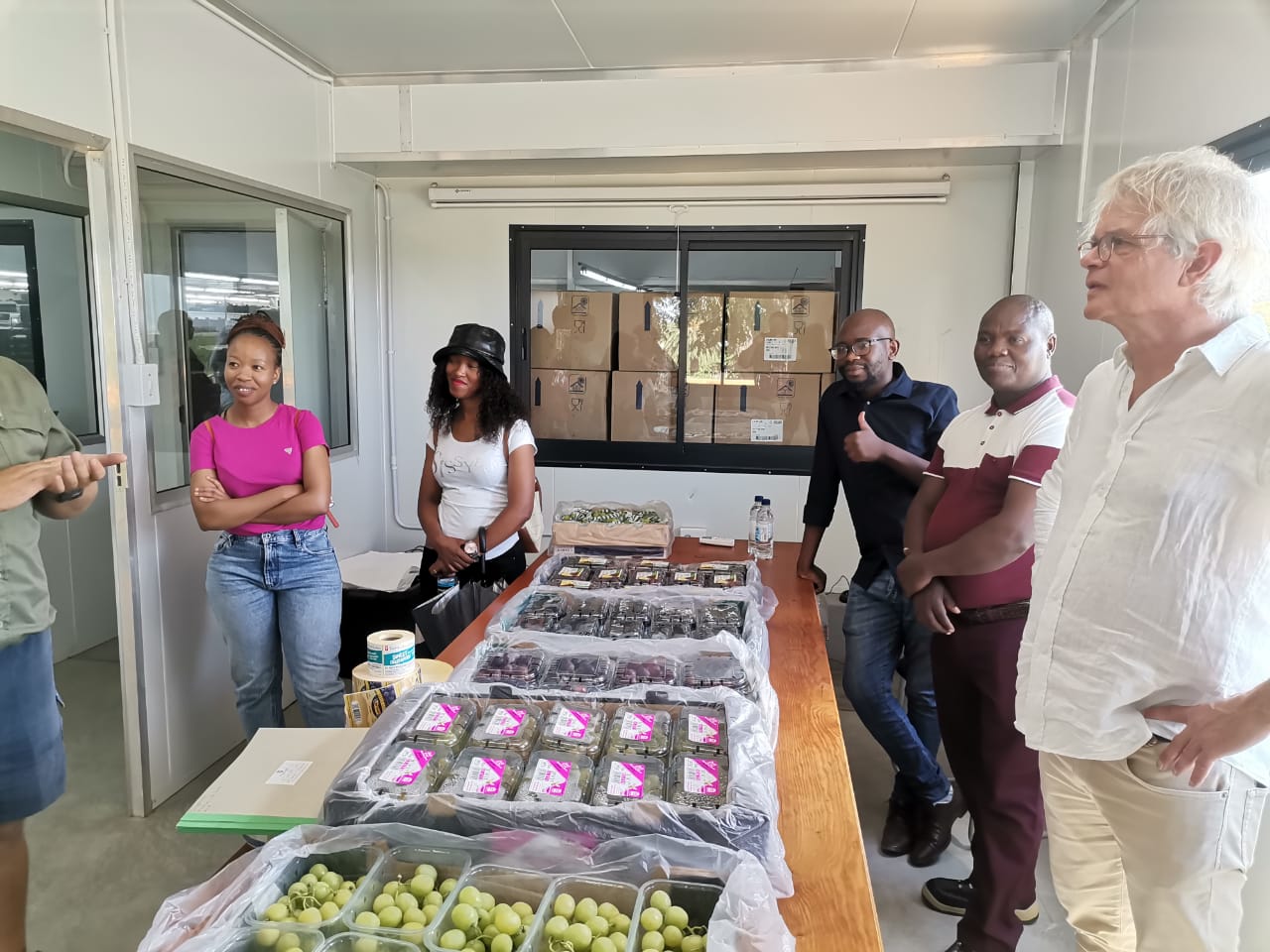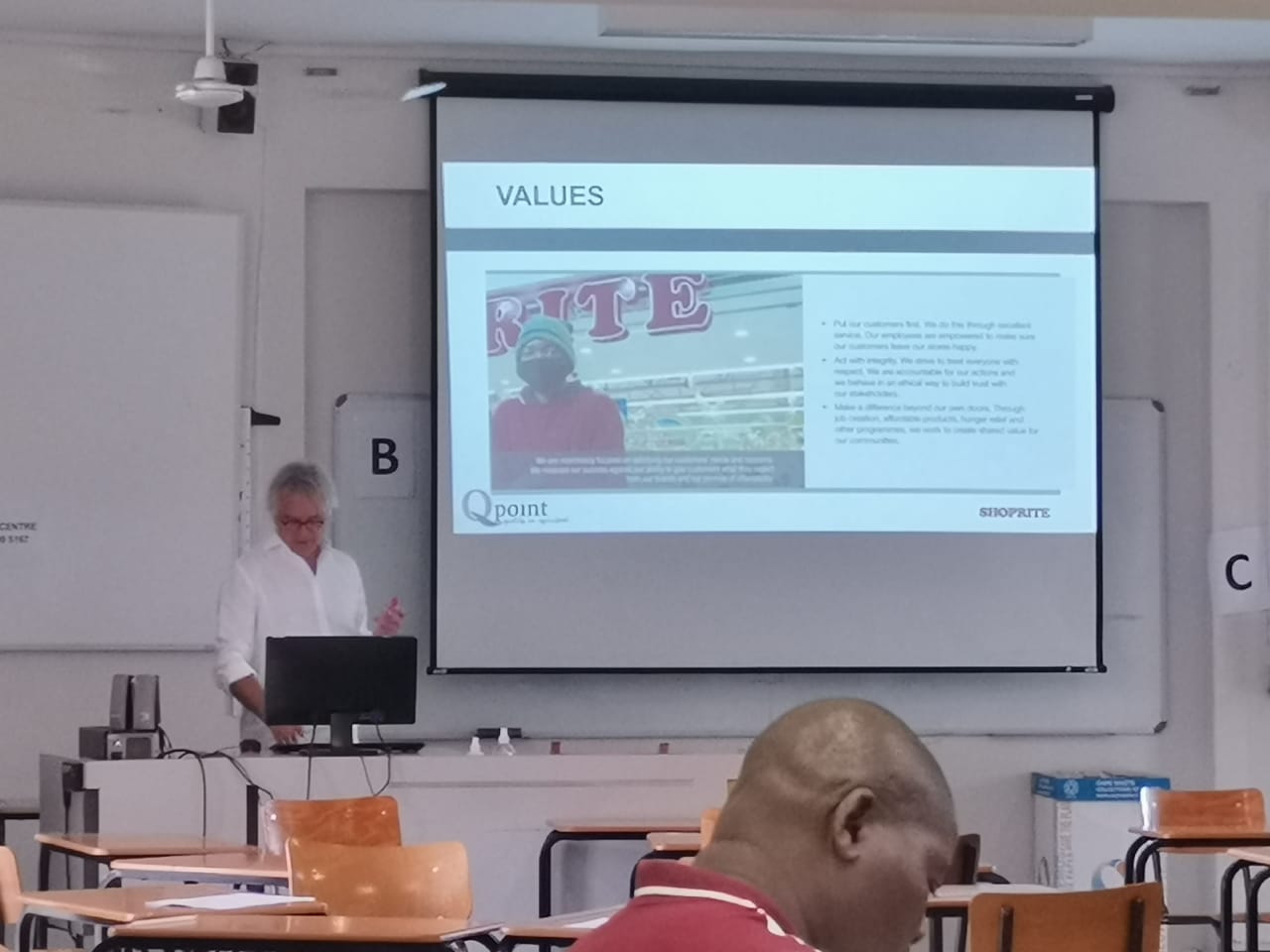Training: ‘Upskilling Emerging and Commercial Farmers’ at Boland College
Boland College, in partnership with Q-Point, has been hard at work at the Worcester Campus earlier this week. To ensure the growing demand of our emerging farmers is met it is imperative to continuously train staff, traders, and students in techniques and skills in analysing the horticulture value chain and how to identify viable market solutions.
Mr. Carel Jaspers, from Q-Point, was the expert on these fields and shared his vast knowledge with the participants from Boland College, farmers, traders, and students who were part of the workshop. The latest methodologies and practices for value chain analysis incorporating strategies for sustainable impact and gender equality were only some of the important lessons learned over the four days.
Participants were exposed to a wide range of interventions designed to promote sustainable market-based solutions in the areas of market access, market demand, input supply, technology/product development, management training, policy reform, and access to finance. The experts also provided specific guiding principles to integrate gender in the value chain analysis. The practical nature of the training had the purpose to teach the participants how to observe horticultural value chains in South Africa, of which they are part, in a new analytical way.
Participants were divided into groups and over the four days they had to prepare business plans and SWOT analysis for their chosen produce production. Whilst it was great to hear from the experts and learn the theory it was vitally important to know the participants of the workshop could put the theory into practice.
It wasn’t all chalk and talk as they say either! This workshop also took our participants out into the field to see and experience a few things first-hand.
The participants visited the Boland College farming site and greenhouse in addition to their visit to Brug Plaas, which is a Global Gap Certified farm. They produce table grapes, do all their own sorting and packing in their pack house. This table grape farm exports its produce. After the visit to Brug Plaas, the participants visited De Wet Cellar which exports its wines. They had a tour of how grapes are processed and how the winemaking process is handled. It was important for the participants to visit these farms who are part of the global market. Witnessing their processes, definitely makes the participants think on a larger scale.
After a very successful 4-day workshop Boland College sincerely wants to thank Q-Point for the training provided. All who attended learned so much and will be able to take this forward in their respective areas.


The training participants

The greenhouse visit






